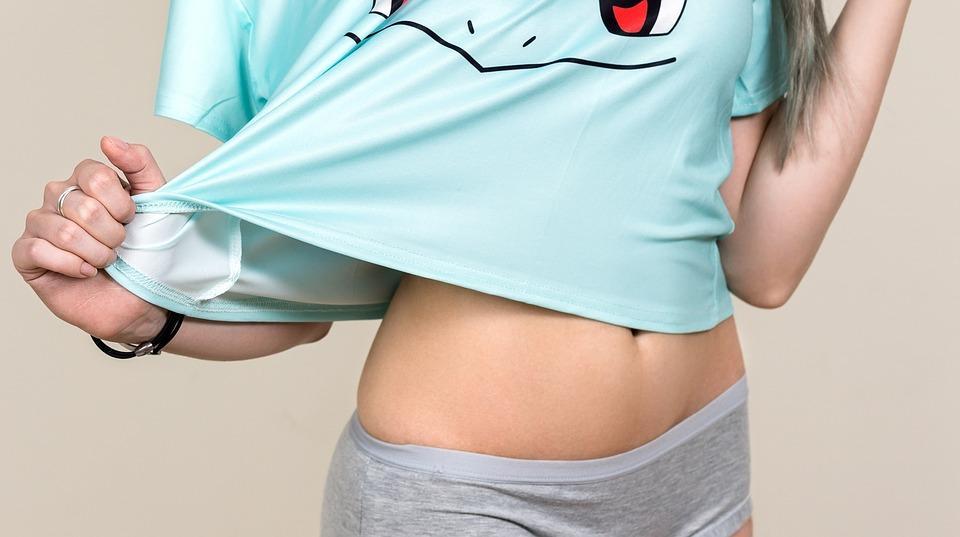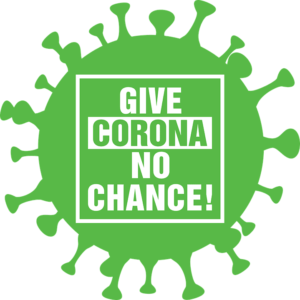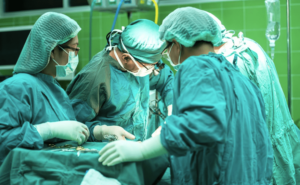Dr. Michael Grossman, a renowned anti-aging stem cell and regenerative medicine specialist, discusses the intricate relationship between weight gain and physiological changes in a recent Facebook Live session. Known for his expertise as the founder of OC Wellness, Dr. Grossman delves into the significance of weight loss beyond aesthetics, highlighting its profound impact on longevity and overall well-being.
Dr. Grossman opens the session by addressing the pressing issue of excessive weight gain in modern society. He points out the alarming rise of diabetes, which has become a prevalent concern due to widespread access to abundant food. Dr. Grossman emphasizes that gaining weight triggers a complex cascade of physiological reactions, including heightened blood sugar levels and increased insulin production, leading to the development of diabetes and prediabetes. He underscores that the pursuit of weight loss isn’t solely about looking better; it is intrinsically linked to reversing the aging process and promoting lasting health.
Dr. Grossman delves into various aspects of weight loss, shedding light on the detrimental effects of refined sugars and carbohydrates. He elaborates on how consuming these foods causes spikes and crashes in blood sugar levels, triggering physical and emotional disturbances. Notably, he advises against the consumption of diet sodas, explaining that they can contribute to diabetes just like regular sugar. The exceptions are natural sweeteners like Stevia or Truvia, derived from flowers, which have a relatively positive impact on health.
A significant portion of Dr. Grossman’s discussion revolves around the psychology of weight loss. He delves into the phenomenon of food cravings and how they often stem from food allergies and sensitivities. Drawing parallels to addiction, he explains that just as alcoholics crave alcohol and heroin addicts crave heroin, individuals with food allergies might experience intense cravings for specific items like bread, chocolate, peanuts, or dairy. To overcome these cravings, Dr. Grossman recommends a five-day withdrawal period, during which the craved food is completely avoided. This approach, while challenging, is essential for breaking the habit and reducing the cravings that can impede weight loss progress.
The session moves on to explore the influence of emotional factors on overeating. Dr. Grossman acknowledges that emotional eating can be complex and requires a distinct approach for resolution. He acknowledges that low blood sugar can trigger feelings of fatigue, irritability, and weakness, leading to a craving for sweets. To counter this, he advocates for small, frequent meals rich in high-quality protein sources like meat, fish, chicken, and eggs. These meals help stabilize blood sugar levels, curbing cravings and promoting a more even emotional state.
Dr. Grossman introduces a modern weight loss strategy – intermittent fasting. This approach involves periods of not eating, either for an entire day or for a fixed 16-hour window within a day. He explains that intermittent fasting can trick the body into tapping into its stored energy reserves, aiding in weight loss efforts. This technique proves particularly beneficial for individuals struggling to lose weight despite reduced calorie consumption.
As the session draws to a close, Dr. Grossman directs viewers to his website, OCWellnes.com, where they can explore his comprehensive approach to anti-aging and optimal health. He encourages viewers to engage with his books, “The Vitality Connection: Ten Practical Ways to Optimize Your Health and Reverse the Aging Process” and “The Magic of Stem Cells.” Dr. Grossman concludes by inviting the audience to join him in future discussions, promising informative insights to aid their journey toward graceful aging.




